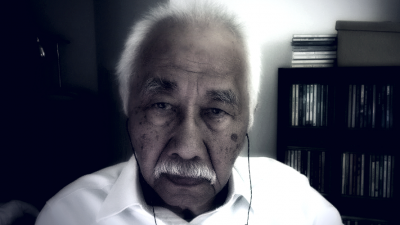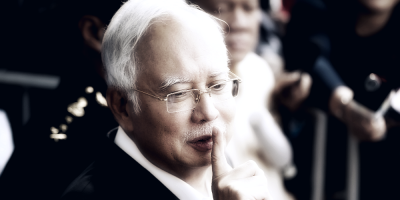
Malaysian politics has traditionally been race-based.
It’s identity politics that has long offered zero-sum solutions benefiting certain groups to the exclusion of the rest.
As a result, we have seen a massive brain drain where many who leave end up excelling in their adopted countries at the cost of Malaysia.
The latest Fitch Solutions Country Risk Report published earlier this month stated that the current Pakatan Harapan-led coalition, although espousing needs-based economic and social policies before the last general election, is still orientated towards ethnic preferential policies.
The Fitch report continues on to say that “a clear victory by Perikatan Nasional (in the coming state elections) could put pressure on the coalition government to implement more pro-Malay policies in order to shore up support among this core group.”
The civil service, after 60 years of Umno-dominated government has an ingrained “Malay agenda” mindset.
Penang’s deputy chief minister P. Ramasamy’s call to reform the civil service and make it reflective of the general population was shot down quickly by prime minister Anwar Ibrahim, who knows very well his government needs the civil service cooperation to survive.
PH learned the reality back in 2018 when some ministers found great resistance from the civil service when they were in office.
Pushing through what members of the civil service might see as being too radical could potentially lead to a revolt or certainly a conservative Malay backlash at the ballot box for PH.
Any reform of the civil service will take a generation, as any ethnic balances could only be changed through retirements.
The government administration to all intents and purposes has an ingrained Islamic cultural orientation that clearly reflects the fact that nearly 70 percent of Malaysians are Muslims.
Secularism in government was a casualty of Islamization of the civil service and government beginning in the early 1980s.
The shift back to a secular system of government would also take a generation to achieve.
Change can only occur through evolution rather than overt reform. Open reform would be rejected and lead to conflict.
What Malaysian politics and government needs to be
Within any democracy, there is nothing wrong with a government dominated by one grouping as long as it is inclusive and governs for all.
Malaysia must return to the principles enshrined in the Constitution of fundamental liberties and human rights, provided safeguards and guarantees to ensure there is no discrimination on the basis of race, religion and sex.
The Constitution has been undermined and often trampled upon by successive governments over the years. It’s time to return to the basic principles and the Tunku Abdul Rahman philosophy of creating a truly united and pluralistic Malaysia that transcends the toxic and race- and religion-based politics which has gripped the nation for decades.
Politicians must have the interests of the nation in their hearts rather than pursuing self-interest.
They must think in terms of advancing policy rather than pursuing power.
Corruption is not the problem; it’s only the symptom of greed and self-interest.
One can be optimistic about the new generation of politicians coming into parliament. However, we see even some of the new ones also get charged with corruption!
We see the most vicious attacks upon the judiciary not coming from activists but members of the cabinet.
This represents a breakdown in respect by the very people who govern us in the “rule of law” itself.
For far too long politicians share the fallacy that they are the law.
This abuse is preventing the image of Malaysia rising above the “third world” label.
Malaysia is still a very hierarchical society which must be liberated into a society that has a more egalitarian culture. This is required to achieve meritocracy.
If Malaysia is to survive, the nation must nurture creativity in order to be driven by innovation and create value in both business and society.
This must replace rent-seekers who live off their political connections.
Malaysia needs to create its own Elon Musk archetypes rather than cronies and kleptocrats.
The year ahead will be full of challenges for the country.
The Ukraine war is having international repercussions; superpower hegemony is on the rise and set to clash in the South China Sea; there are signs of a deep international recession ahead; and the international monetary system is about to undergo radical change.
Malaysia needs careful planning, escaping one-dimensional thinking to deal with the above challenges.
The government needs to safeguard all of its citizens. The nation needs to abandon politics and focus on policy before it’s too late.
The immediate solutions won’t be found in the “wish list” of reforms that those of the Reformasi tradition are waiting for.
Reform of the civil service is secondary to reform of the mindset.
A Team Malaysia mentality must be created in order for people to work together to overcome what may lie ahead.
Better efficiency may not be the answer this time round. Improving efficiency takes time which the nation does not have.
We have to look at flexibility to adapt agile management, as what the ‘B’ schools are teaching.
This must be undertaken now to avoid a future crisis.
(Murray Hunter has been involved in Asia-Pacific business for the last 40 years as an entrepreneur, consultant, academic and researcher. He was an associate professor at Universiti Malaysia Perlis.)
ADVERTISEMENT
ADVERTISEMENT








































